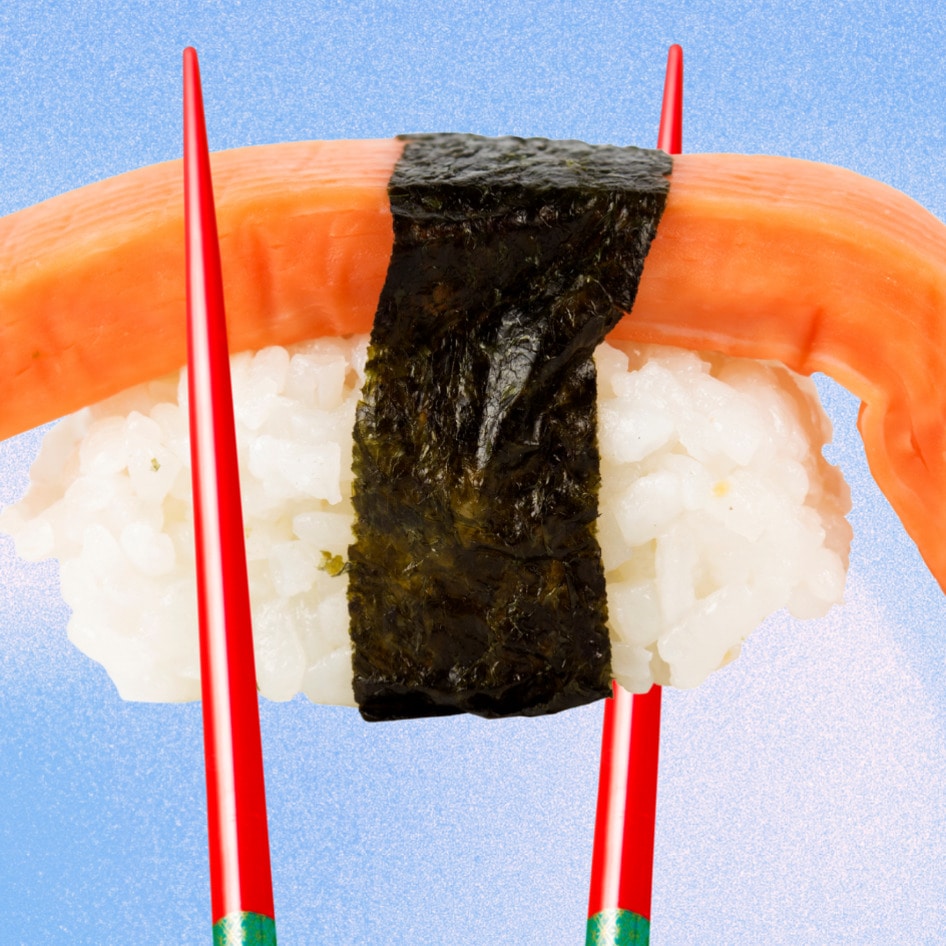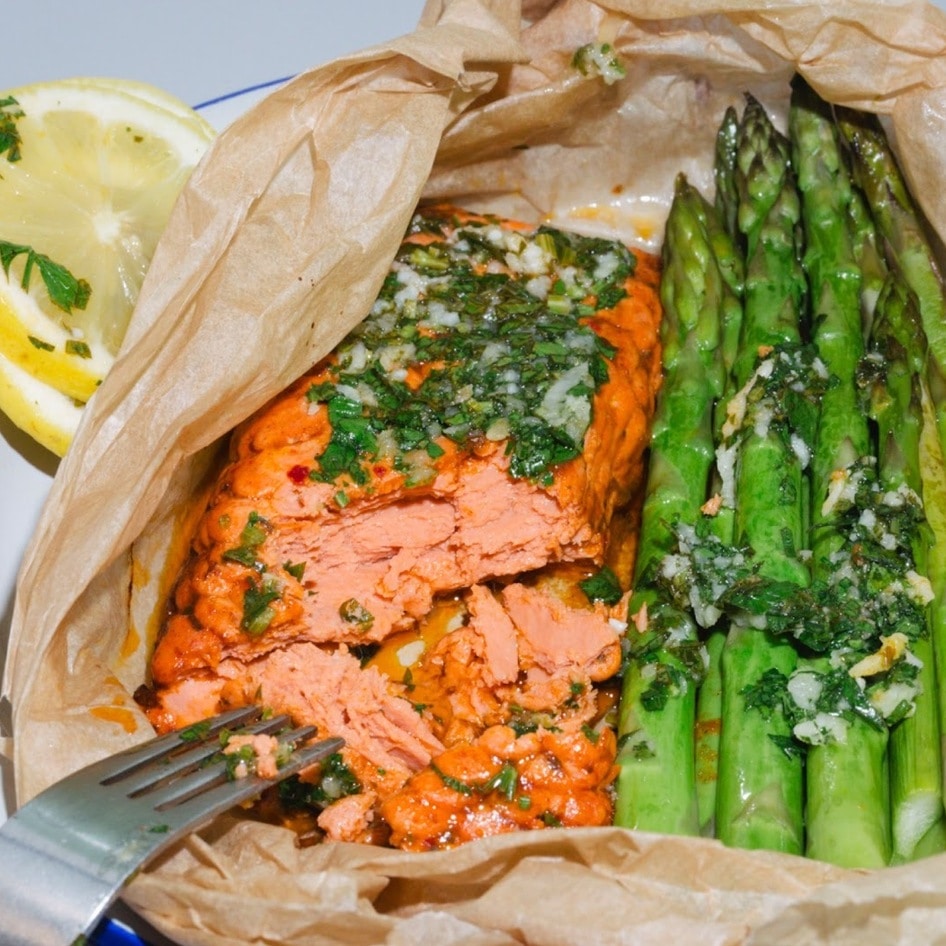This week, San Diego-based food technology startup BlueNalu announced that it raised $20 million to advance its mission of bringing cell-based fish to the public. The company produces real fish through cellular aquaculture using a few fish cells and growing them into slaughter-free meat. “BlueNalu has made considerable progress toward bringing cell-based seafood products to the world,” BueNalue CEO and President Lou Cooperhouse said. “We have designed and executed a platform technology in which we will ultimately offer a broad array of sustainable cell-based seafood products to consumers, and our team has been extremely focused on implementing systems and processes that will be needed for cost-effective, large-scale production. We are extremely thankful to the committed group of visionaries who participated in our earlier financing round and have invested again in this round; and we are eager to form partnerships with these five strategic investors, so that we can efficiently commercialize and launch our cell-based seafood products in nations around the world.” BlueNalu—which raised $4.5 million in a seed round only two months after it launched in 2018—attracted five new strategic investors in its new funding round from a broad range of fields that will help it commercialize its first products, which Cooperhouse hopes to bring on a small scale to the public by the end of 2021. To date, BlueNalu boasts investors from 11 different nations, including Brazil, Hong Kong, Israel, Japan, Luxembourg, Netherlands, Saudi Arabia, South Korea, Sweden, the United Kingdom, and the United States.
In December, the company showcased its first cell-based yellowtail amberjack tuna during a private tasting event for global partners. To achieve its mission of reducing the impact of fishing on the world’s oceans, BlueNalu also successfully created other finfish products, including a red snapper and mahi mahi—which will likely be the first product it brings to market. Last year, the company also outlined its vision for a lab-grown seafood production facility, which, at scale, would produce 18 million pounds of seafood without the need to slaughter marine animals.
JUMP TO ... Latest News | Recipes | Guides | Health | Subscribe







